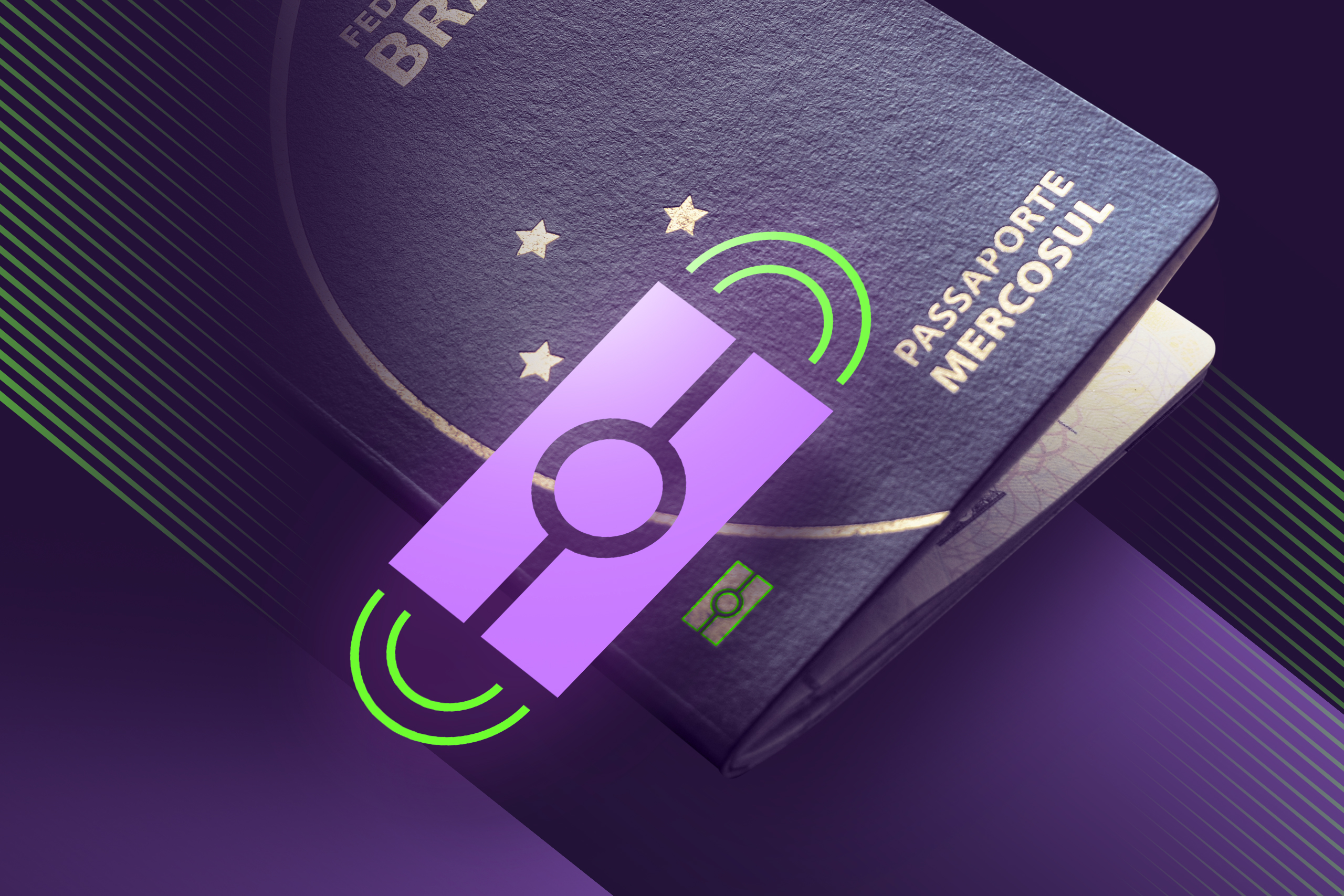One of the key elements in ensuring fair and transparent elections is the voter card. This little piece of plastic or paper plays a huge role in the democratic process. Although it's a far less common identity document than a passport or an ID card, it’s still important for businesses, organizations, and state authorities involved in the electoral process and even beyond.
After reading this post, you’ll learn what countries use voter identity cards, what they look like, and how they can be verified.
💡Curious about other ID documents and what makes them unique?
Read our expert reviews of:
What is a voter card?
A voter card, also known as a voter identification card, is an official document issued by a government or electoral body. Its primary purpose is to verify voters' identity and eligibility.
Here are some common features a voter card typically includes:
Name of the voter: This one's a no-brainer.
Photograph: To ensure that you are who you say you are.
Voter ID number: A unique identifier that helps avoid any mix-ups.
Date of birth: To confirm that you're of legal voting age.
Address: Ensures that you're voting in the right district.
Signature or fingerprint: Additional verification to prevent fraud — for example, previous series of Mexican voter cars include both signature and fingerprint.

An example of a voter card issued in the US, Georgia
Get posts like this in your inbox with the bi-weekly Regula Blog Digest!
Countries that issue voter cards
|
|
A list of countries that use voter cards, samples of which Regula managed to obtain in our document template database.
Voter cards are used across the world, but they are particularly prevalent in developing countries. One reason for this is that in countries where national ID systems might not be as robust, voter cards fill an essential gap in providing reliable identification for voters.
In other countries, such as the UK or the US, voter cards mostly serve as supplementary identification. If an individual doesn't have an accepted photo ID for some reason, they can apply for a voter ID document.
The role of voter identification cards
Voter cards can play key roles in the electoral process and beyond. However, the rules for using voter IDs differ significantly from country to country, or even from state to state in one country, like in the US. For example, in California, no ID is required to vote, while Indiana has a strict photo ID requirement to vote.
Generally, there are three main scenarios for application of voter IDs:
Identification at polling stations & proof of eligibility to vote
First of all, voter ID cards are essential for identification at polling stations on election day. They ensure that only registered voters can cast their ballots.
For example, in India, the Election Commission issues the Elector's Photo Identity Card (EPIC), which voters must present at polling stations. This card, with its unique voter ID and photograph, helps election officials quickly verify the voter's identity, reducing the chances of impersonation and ensuring a smooth voting process.
Voter cards also serve as proof that the bearer meets the legal requirements to vote. In many countries, voter registration includes verifying that the individual is of legal voting age and a resident of the appropriate electoral district.
Continuing with the Indian voter card example, it serves as proof not only that a voter has reached the age of 18 and resides in the constituency they want to vote in, but also that they have not been disqualified to be a voter. For instance, a person can be disqualified from voting under the provisions of any law relating to corrupt practices.

Indian voter card, 2015 series
Maintaining electoral integrity
Voter identity cards are also key for maintaining electoral integrity, since, by providing a reliable method of identification, they help prevent fraud and double voting.
In Nigeria, the Permanent Voter Card (PVC) issued by the Independent National Electoral Commission (INEC) is equipped with advanced security features, including biometric data such as fingerprints. This ensures that each individual can only vote once, thereby upholding the integrity of the electoral process.

Nigerian permanent voter card sample
General proof of identity
In some countries, voter cards serve a dual purpose by acting as official IDs for various non-electoral activities.
In Mexico, the voter ID card, also called an IFE card (Instituto Federal Electoral) or INE card, after the Instituto Nacional Electoral (INE), its issuing body, is one of the most trusted forms of identification. It’s commonly used for many everyday transactions, such as banking, getting credit at most stores, boarding planes, and making a contract with an internet service provider.
Mexican IFE cards are well-protected, containing an embossed hologram and invisible personal information (IPI), among other security features. Mexican voter cards also include fingerprints that are encrypted in the barcode and can be used for additional fingerprint comparison. Plus, they are free to obtain, which makes them more widely accepted as a means of identity verification than driver’s licenses. (If you’re interested, we’ve already covered Mexican IDs, including voter cards, in another post about verifying Mexican documents.)

The thumbprint on the flip side of Mexican voter cards is mostly for design rather than authentication purposes. The authentic fingerprint templates that actually serve this purpose are encrypted in the barcode.
Security of voter cards and related challenges
Different countries use different methods to verify these cards. Here are some common techniques:
Security features: Holograms, watermarks, and special inks are often used to make it difficult to forge voter cards.
Biometric data: Fingerprints, facial recognition, and even iris scans can be used to verify that the person presenting the card is indeed the rightful owner.
Database checks: Election officials can cross-check the card against a central database to ensure it's valid.
However, voter cards are not without their challenges.
Despite the wide variety of security measures, there is always a risk of fake voter cards. Fraudsters continually find new ways to create counterfeit cards, which can undermine the electoral process. For instance, in 2019, the election year in Nigeria, the police arrested a man with over 200 voter cards with different names.
Voter cards can also be lost or even intentionally thrown away. For example, in 2021, multiple genuine blank voter cards were found in trash cans in Gambia. Many countries have systems in place for reissuing lost or damaged cards. In India, for example, the Election Commission has set up online portals where voters can apply for a duplicate EPIC if their original card is lost or damaged.
In some regions, especially rural areas, getting a voter card can be challenging due to logistical issues. This is particularly evident in countries with large rural populations and a lack of infrastructure. In some parts of Africa, voters have to travel long distances to reach registration centers, which can be a significant obstacle. In Kenya, the Independent Electoral and Boundaries Commission (IEBC) has deployed mobile registration units to ensure that even the most remote communities can register to vote. These units are equipped with the necessary technology to capture biometric data on-site, ensuring that the registration process is efficient and secure.
Professional voter card verification
For businesses, organizations, and state authorities involved in elections, ensuring the authenticity and security of voter cards is essential. Regula offers specialized solutions that go beyond simple document verification, providing a comprehensive approach to maintaining the integrity of the electoral process.
In addition to document verification, Regula’s complete identity verification solutions, which include face biometrics, offer advanced capabilities for voter identification. Regula’s technology is particularly valuable in remote voting scenarios, where voters can securely confirm their identity through an app, enabling participation from anywhere while maintaining the security of all elections.
With Regula, you can be confident in the reliability and security of your document verification processes, ensuring that every vote counts and every voter is verified.





